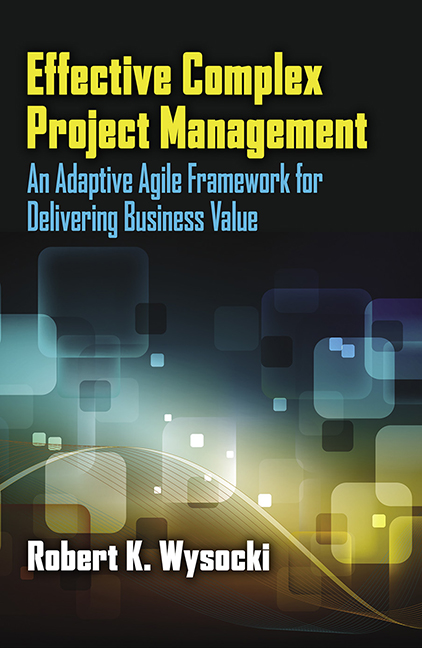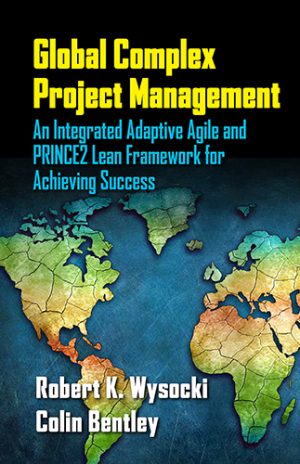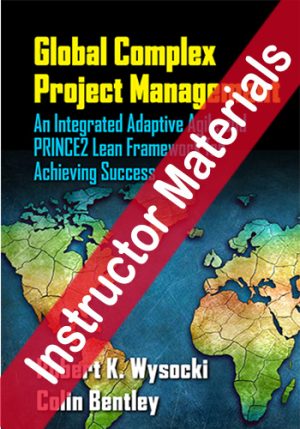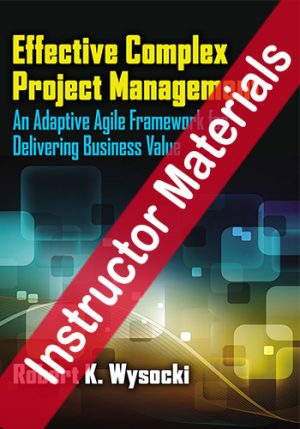Effective Complex Project Management
$59.95
An Adaptive Agile Framework for Delivering Business Value
By Robert K. Wysocki, Ph.D.
Hardcover, 6×9, 352 pages
ISBN: 978-1-60427-100-3
September 2014
LEARN & EARN: Get 7.2 PDUs in the PMI skill areas of Technical, Leadership, or Strategic and Business Management Skills
Description
With technology continuing to invade the business world and the convergence of complexity, uncertainty, and constant change, a whole new class of projects has emerged for which traditional project management models such as Waterfall are totally insufficient. These are called complex projects. Extreme Project Management models and a variety of Agile Project Management models such as Scrum, Rational Unified Process, Feature-Driven Development, and Dynamic Systems Development Method have emerged, but project failure rates have not been measurably reduced.
Effective Complex Project Management offers a proven solution to managing any project that must succeed in the face of organizational complexity and market uncertainty, in the form of an adaptive complex project framework. Developed, refined, and validated through 20+ years of client experiences and feedback from project management thought leaders, this framework and robust methodology has demonstrated a favorable impact on project and program management success rates.
Dr. Wysocki demonstrates that for program and project managers to be consistently successful in managing complex projects, they need to include in their project management portfolio of processes an adaptive framework that continuously analyzes and adapts to changing and modifying conditions even to the point of changing project management models mid-project. The author’s adaptive complex project framework is currently the only robust tool to offer an orderly approach to do just that. When applied and managed correctly, this intuitive framework that proceeds from ideation to set-up to execution has proven to deliver on the purpose of programs and projects without fail, in the form of desired business value.
Key Features
- Demonstrates why program and project managers need a framework that continuously analyzes and adapts to changing conditions to be consistently successful in managing complex projects
- Defines the four-quadrant project landscape in order to classify Linear, Incremental, Iterative, Adaptive and Extreme project management model types
- Presents an implementation model for defining and transitioning to an effective complex project management environment
- Defines a complex project support office and emphasizes meaningful client involvement using a co-manager project team model to increase business value
- WAV offers an SPT Assessment Tool and slides for teaching a course on Effective Complex Project Management, with exercises for in-class use—available from the Web Added Value™ Download Resource Center
About the author(s)
Robert K. Wysocki, Ph.D., has over 45 years combined experience as a project manager, business analyst, information systems manager and business process expert, consultant and training developer and provider. This thought leader and best-selling author has written 24 books on project management and information systems management. His books have been widely adopted by executives, practicing program and project managers, business analysts and consultants, as well as by more than 350 colleges and universities worldwide. Dr. Wysocki has trained more than 10,000 senior project managers and he is a sought-after speaker.
In 1990 he founded Enterprise Information Insights, Inc. (EII), a project management consulting and training practice specializing in advanced and innovative project management methodology design and integration, business process design, project support office establishment and the development of training curriculum. His client list includes AT&T, Aetna, BMW, Eli Lilly, IBM, Novartis, Ohio State University, Sapient Corporation, The Limited, The State of Ohio, Wal-Mart, Wells Fargo, ZTE, and several others.
Table of Contents
Chapter 1: Introduction to the Adaptive Complex Project Framework
Chapter 2: The Complex Project Landscape and Business Challenges
Chapter 3: Overview of the Adaptive Complex Project Framework
Chapter 4: Adaptive Complex Project Framework: Project Ideation Phase
Chapter 5: Adaptive Complex Project Framework: Set-Up Phase
Chapter 6: Adaptive Complex Project Framework: Execution Phase
Chapter 7: Establishing and Sustaining Meaningful Client Involvement
Chapter 8: Implementing Your Adaptive Complex Project Framework
Chapter 9: Frequently Asked Questions
Appendix A: ACPF Acronyms
Appendix B: Case Study: Workforce and Business Development Center
Appendix C: References and Further Reading
Index
Reviews
“Change drives today’s business, it is the only constant. Unfortunately, the processes that businesses use are decades old and built for a time that was much more predictive. Effective Complex Project Management is the first book to define a practical and rigorous yet adaptive solution for addressing rapid change in projects.”
—Todd C. Williams, President, eCameron, Inc.
“Robert Wysocki does it again, and again. He has evolved from a project management expert and guru to the preeminent thought leader on managing complexity in the 21st century! Wysocki’s approach is to use an adaptive framework and decision-making tool which includes a robust project management methodology that seamlessly integrates change, and can be applied to all types of projects across industries. This adaptive complex project framework is aligned with the most contemporary principles of innovation, agility, and lean approaches to change, and represents the most advanced thinking in applied complex project management to date.”
—Kathleen Hass, Project Management and Business Analysis Practice Leader, Consultant, and PMI award-winning author of Managing Complex Projects: A New Model
“Effective Complex Project Management definitely is worth the time to read and study the tools and concepts. Wysocki’s invitation to think beyond traditional project management practices can be useful to any Project Manager and Program Manager. Even if your organization is rooted in traditional project management, becoming familiar with the ACPF methodology invites out-of-the-box thinking that may be useful in any degree to improve current project management practices and thus deliver business value.”
—Mary Jane Quandt, PMP (As reviewed inPM World Journal).
You may also like…
Related products
-
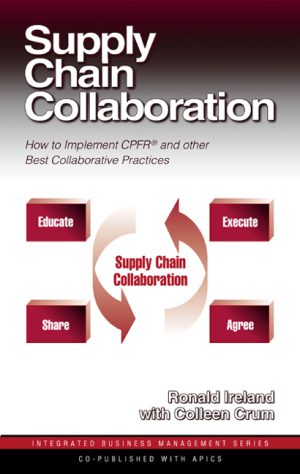
Supply Chain Collaboration
Retail Price: $54.95$49.95 Add to cart -

Distressed Debt Analysis
Retail Price: $119.95$99.95 Add to cart -
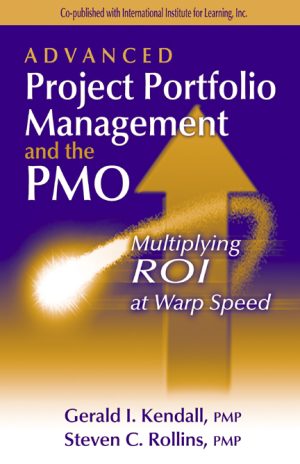
Advanced Project Portfolio Management and the PMO
Retail Price: $74.95$59.95 Add to cart -
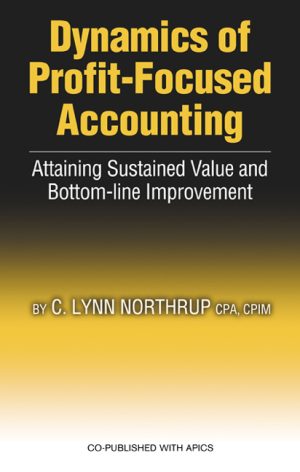
Dynamics of Profit-Focused Accounting
Retail Price: $54.95$44.95 Add to cart -
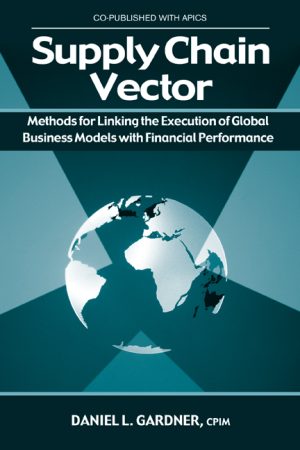
Supply Chain Vector
Retail Price: $59.95$44.95 Add to cart

